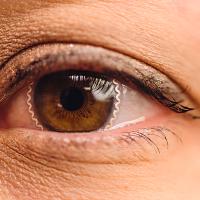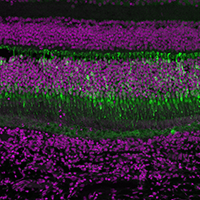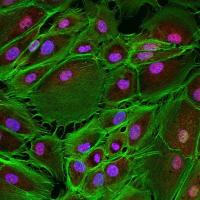424 items

Want more news from NEI?
Subscribe to our news feed to stay up to date on vision and eye health research!
Success! Link copied to clipboard.
Copy to clipboard failed.
You can also
browse older stories in our news archive

NEI Press Office
We can connect media professionals with the latest vision research info. Get in touch!
Email: neinews@nei.nih.gov
Phone: 301-496-5248









